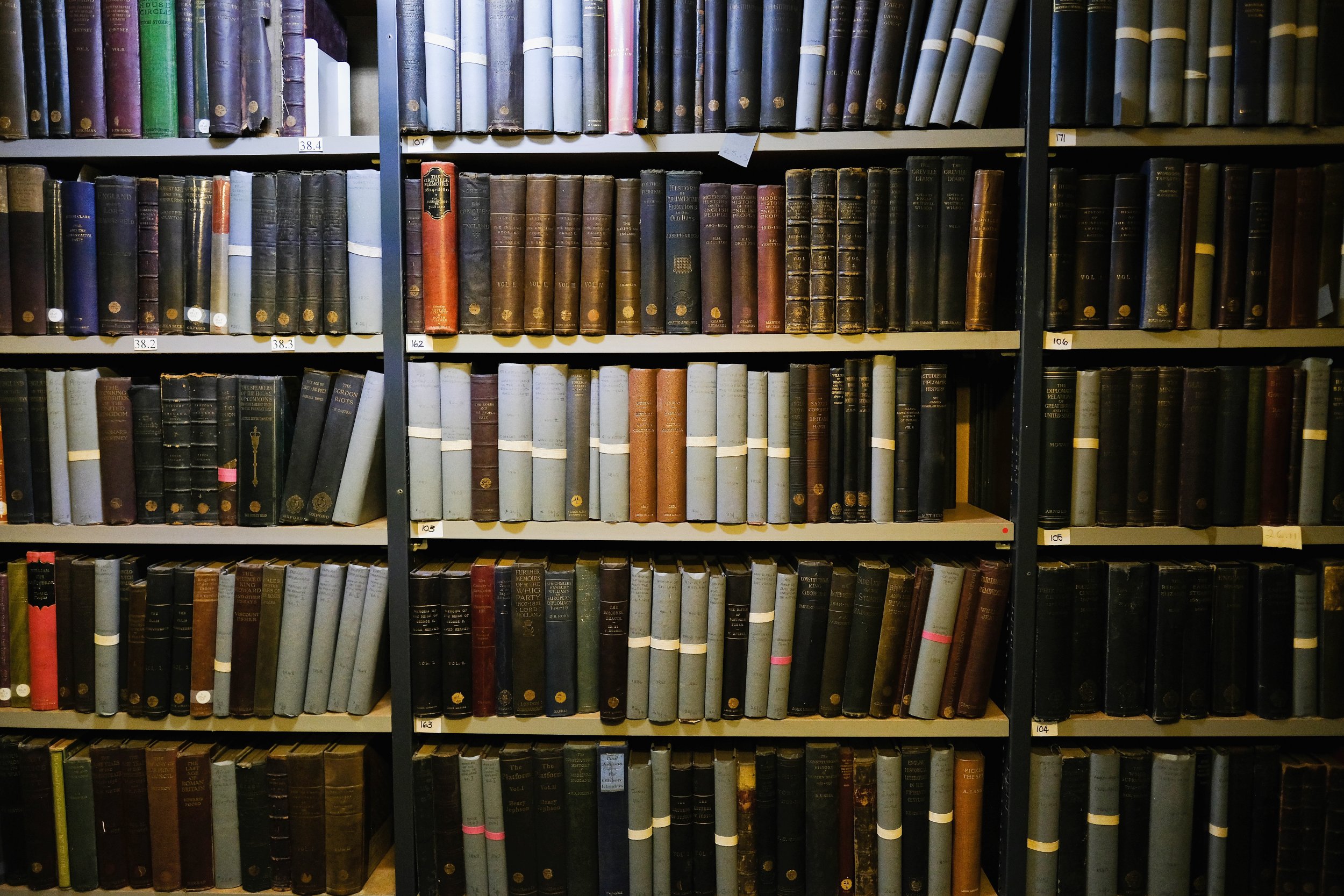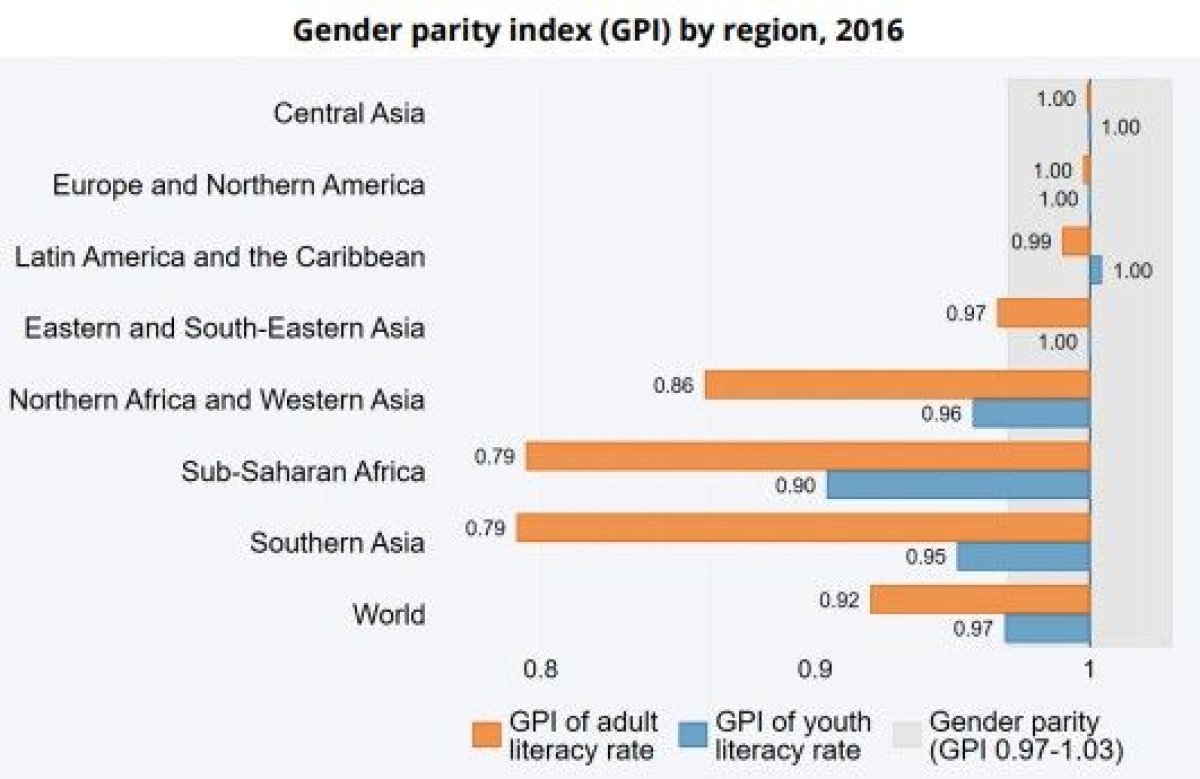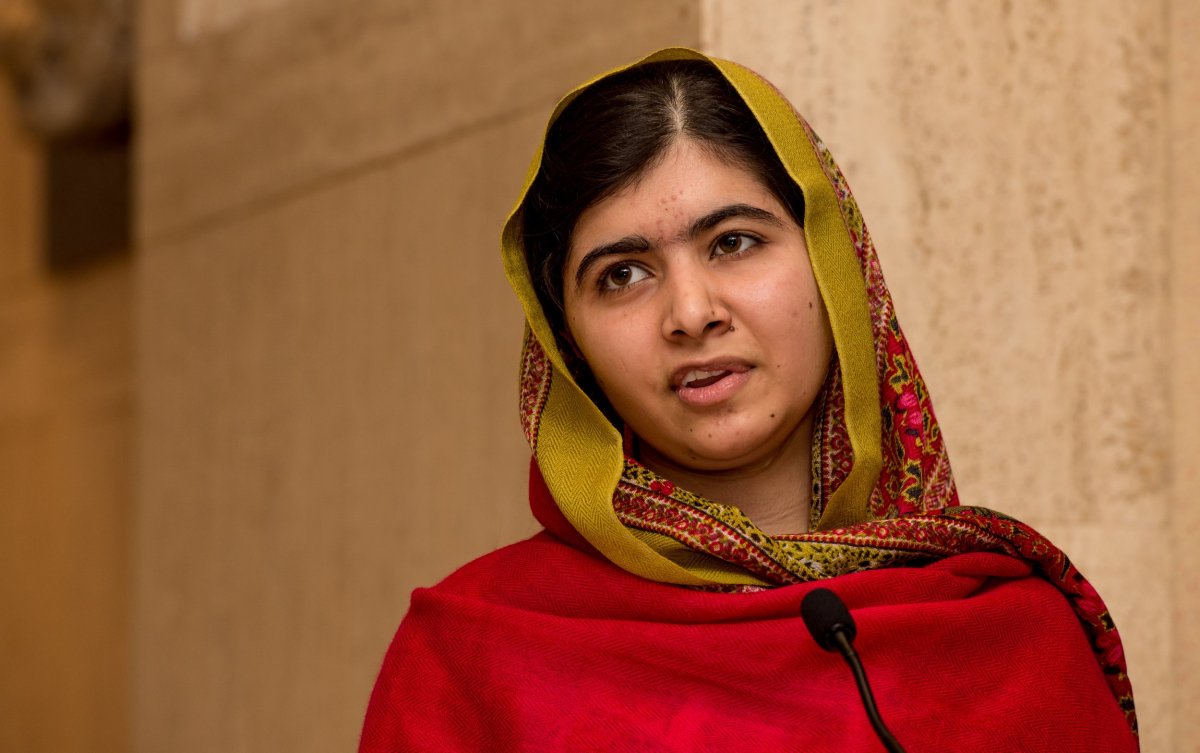
It's 2018, and 473 million women around the world are still illiterate, and won't be able to read this article.
When my family and I climbed out of a sub-zero refrigerated container at Dover in the United Kingdom back in 1999, we were exhausted, freezing—and grateful to be alive. The decision by my parents to escape the Taliban and leave Afghanistan 19 years ago ensured I received a proper education that has opened so many doors for me; and although an academic journey doesn't have to be the path every girl takes, having the ability to make your own decisions must be a universal right.
Had we stayed in Afghanistan, without doubt my life would have been considerably different. I would not currently be studying for a PhD at the University of Cambridge, but I would have had just a 17 percent possibility of being literate.
When my family fled to the U.K., we grasped every opportunity the country had to offer. Whilst we flourished, my father wanted to give back and help other refugees trying to make their way in the world. He set up the Afghanistan and Central Asian Association (ACAA), which provides support, skills and knowledge to help Afghan and any other people settling into the country. Volunteering at my father's charity has been an eye-opener and has allowed me to understand the challenges that some people face when entering a new country, and, in particular, the vital importance of education.
Education is undoubtedly a springboard to success. Many of the challenges refugee women face in the U.S. and the U.K. are exacerbated by their inability to understand English. It can result in an inability to socialise or maintain a good family relationship and can lead to long term depression and mental health issues.
These problems stem from the fact that the countries women are arriving from often do not have the same emphasis on education. Afghanistan is still reeling from the effects of Taliban rule and the country now faces a constant threat of terrorism and government instability. Education and particularly educated people have been oppressed.

One of the deciding factors in my family leaving Afghanistan was that my father, Dr. Nooralhaq Nasimi, became a target of the Taliban, because he was educated and had a PhD. My family's story is sadly not unique. How can we forget Malala Yousafzai who defied the Taliban in Pakistan to protest the right for women to have an education.
Terrorist groups like the Taliban and Islamic State militant group (ISIS) do everything in their power to stop people becoming educated. Education is a threat to them—it encourages people to question their actions and therefore presents opposition to their ideology.
Boko Haram is another clear example of a terror group who is frightened by the power of education. Their name translates to "Western education is a sin," and the group has kidnapped hundreds of schoolgirls. By refusing these girls the right to education, the terrorists are stifling their basic human right to think. If we make education a priority, it can be used to undermine terrorism.

Through my work at ACAA, I see examples of women who have grown up not recognising the importance of education or believing in their own abilities. For instance, we have been working with one refugee woman and encouraged her to attend our language classes, but she responded "I am too old, it's not for me, what am I going to go with English at this age?". At first she only saw a direct link between learning and employability, and therefore dismissed it as something that wasn't for her at her age. With some encouragement, she understood that the benefits of education are limitless. It would allow her to communicate with everyone around her, from new people to even her own family.
We are dedicated to ensuring that the benefits of education are communicated and that learning the language of the country is encouraged—particularly among women. When a mother is educated, it is more likely that the whole family will be educated. Educating just one woman will allow ripples to be felt across communities.
This International Women's Day many of us will reflect on the progress made for women around the world over the years, but we must also focus on the work that still must be done. That includes finding a way to ensure that those 473 million women find a way to education. Educated people in all countries might just help bring about political stability, eradicate terrorism and bring peace—after all, education is limitless.
Rabia Nasimi is a PhD Sociology student at the University of Cambridge, U.K. Rabia's father, Nooralhaq Nasimi, is the founder of the Afghanistan and Central Asian Association (ACAA), a London-based charity that helps refugees integrate in the U.K.
Uncommon Knowledge
Newsweek is committed to challenging conventional wisdom and finding connections in the search for common ground.
Newsweek is committed to challenging conventional wisdom and finding connections in the search for common ground.
About the writer
To read how Newsweek uses AI as a newsroom tool, Click here.








